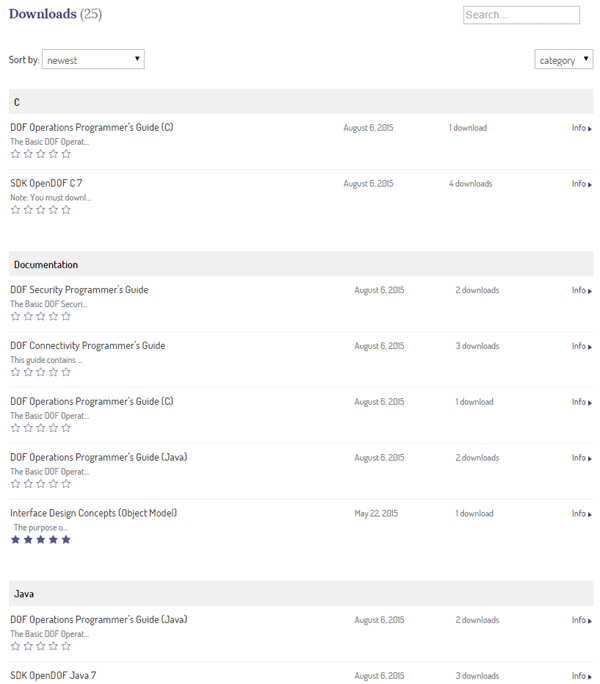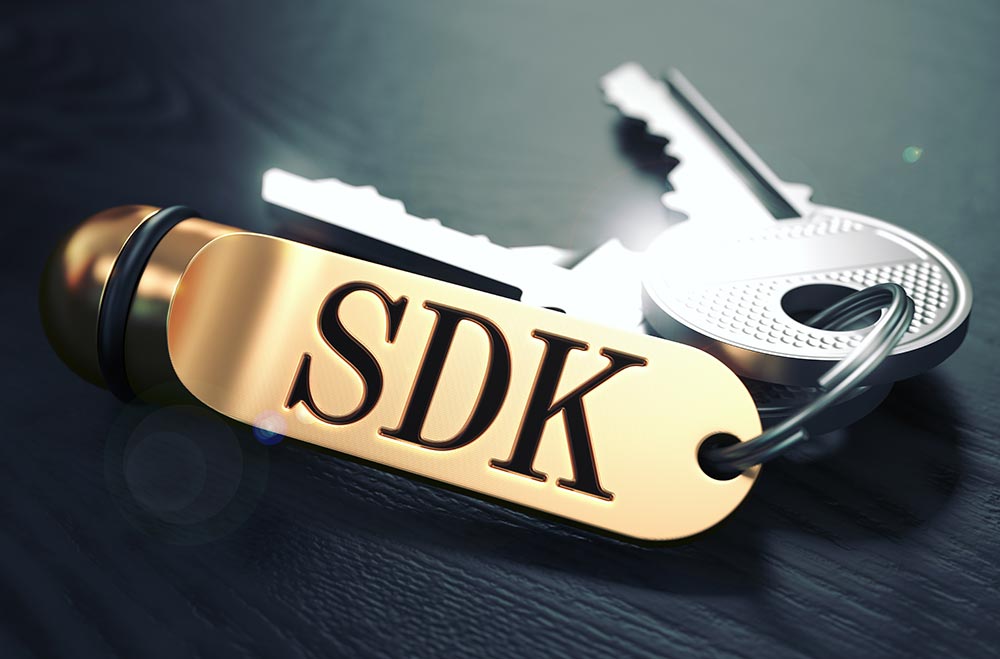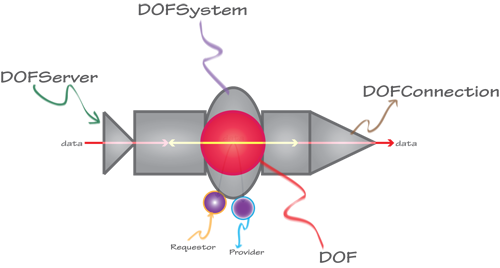
by User | Jan 28, 2016 | Downloads
The OpenDOF Project is pleased to announce the release of multiple components. You will find them in the Downloads section of this web site. More information about these components is coming soon. These are largely training components, so get ready for some exciting news regarding the possibilities of self-guided training on the OpenDOF web site!

by User | Aug 11, 2015 | Downloads, Information
We have installed a new download manager that should make things much easier. As we prepare more releases, more training and more documentation (of all types), we wanted to put a system in place that would allow users to find the material they wanted, in one place.

by User | May 28, 2015 | C, Downloads, Java
If you have downloaded (or need to download) the SDK DOF Essentials, you may wonder what is needed to begin using it.
Basic instructions for this SDK are available on this page:

by Bryant Eastham | Apr 20, 2015 | C, Downloads, Programming, Technical
Last week Panasonic contributed an entire implementation of the OpenDOF protocols in C to the OpenDOF Project. The corresponding SDK and precompiled binaries are now available on the Downloads page.

by Jon Stringer | Mar 18, 2015 | Basics, Downloads, Help, Programming, Technical, Training
“DOF” is an acronym that defines the underlying technology supported by the OpenDOF Project. “Distributed” refers to the way objects and aspects of an object are distributed on a network. “Object” refers to the DOF Object Model, which ensures greater security and flexibility. And “Framework” refers to the fact that this is a complete solution that can be integrated into your application. To put it another way, DOF technology allows many different products, using many different standards, to more easily share information across many different networks. So whether you are networking a simple or complex system of embedded devices using local servers or taking advantage of advanced cloud technology, the OpenDOF Project can provide the solutions you need to enhance nearly any product, from the simplest resource-constrained devices to the most powerful computer networks.




